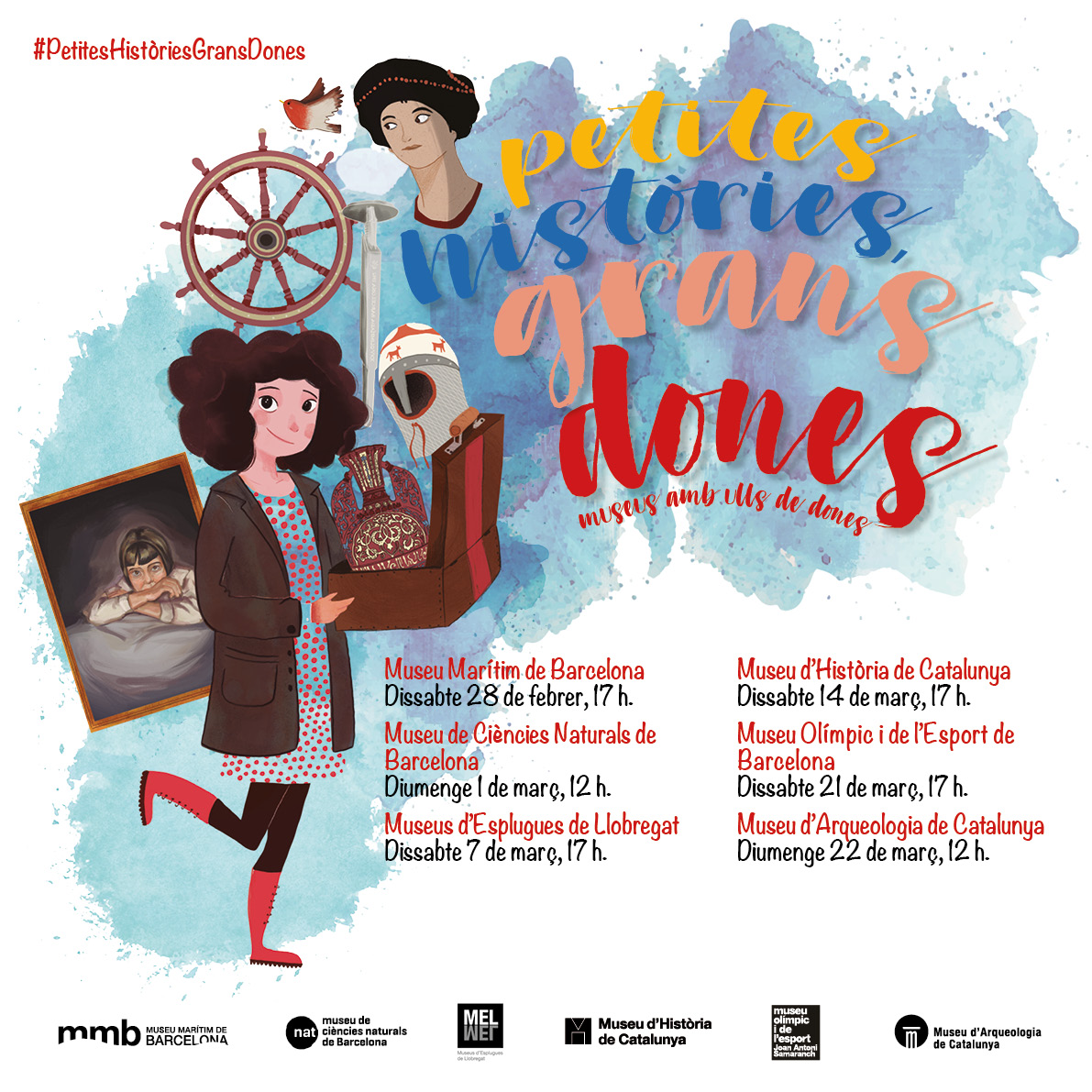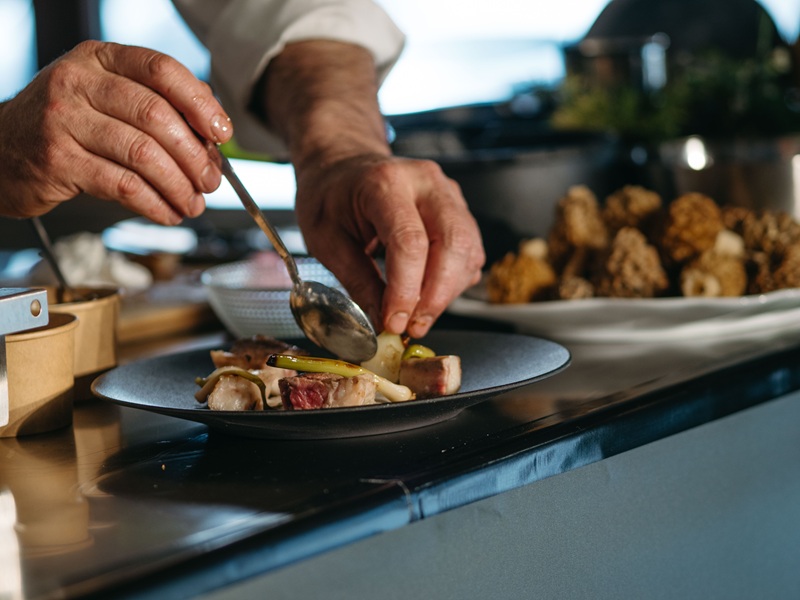The Escola Superior de Música de Catalunya (Esmuc) and Rosalía, the international singer who studied part of her training at this institution, have established a partnership to promote emerging talent in the musical field. This alliance is materialized in the ROSALÍA Scholarship, an economic support destined to a student who manages to pass the demanding entrance exams and obtains the only place available in the Flamenco Singing Degree for the 2024-2025 academic year at the Esmuc.
 Rosalía Vila Tobella, known simply as Rosalía, is a Spanish singer, songwriter and producer who has achieved a remarkable international projection. She was born on September 25, 1992 in Sant Esteve Sesrovires, Barcelona. From an early age she showed a deep interest in music, especially flamenco, a genre that has been fundamental in her artistic career.
Rosalía Vila Tobella, known simply as Rosalía, is a Spanish singer, songwriter and producer who has achieved a remarkable international projection. She was born on September 25, 1992 in Sant Esteve Sesrovires, Barcelona. From an early age she showed a deep interest in music, especially flamenco, a genre that has been fundamental in her artistic career.
Rosalia Scholarship
Esmuc, the only public institution in Catalonia offering higher music studies, has proudly announced this collaboration with Rosalía, who passed through its classrooms before becoming a world-renowned figure. The scholarship, valued at 15,000 euros, will cover tuition at the school and living expenses for the selected student, allowing her to concentrate fully on her training. In addition, there is an intention to maintain this support throughout the four years of the degree, reflecting a deep commitment to education and artistic development.
Rosalía, a native of Sant Esteve Sesrovires, has always emphasized the importance of training in her career. Her time at the Esmuc was fundamental to her artistic evolution. In 2014, she was admitted to the school as the only flamenco singing student that year, thus beginning a journey that would lead her to revolutionize the world of music. Under the tutelage of José Miguel Vizcaya, known as ‘El Chiqui’, Rosalía delved into cante jondo, a style she initially did not master, but with effort and dedication, managed to master and make her own. “She came to zero flamenco. She had no training of any kind. What she sang very well was blues and jazz and, in fact, I told her that she could make a living singing that,” her teacher recalled in an interview.
Creation
During her time at Esmuc, Rosalía released her first studio album, “Los Ángeles”. However, it was with her second album, “El mal querer”, that she marked a before and after in her career and in flamenco music. This album also served as her final degree project. It is a conceptual work based on the anonymous 13th century novel, “Flamenca”.
His experimental approach and fusion of styles led “El mal querer” to international recognition. In addition, the album has been included in Rolling Stone’s list of the 500 best albums of all time and the Grammy Award for Best Alternative or Latin Rock Album. “Rosalía has an enormous talent, but she has worked, she has been concerned about having some knowledge. Talent and study always add up,” said Núria Sempere, general director of the Esmuc.
Quality training
Esmuc, with this scholarship, underlines its commitment to quality training and to creating opportunities for those students who, regardless of their economic resources, have the potential to become the next great figures of flamenco. The school’s multidisciplinary environment, which allows for interaction between different musical genres, seeks to enable students to develop their own unique style. In the case of flamenco, this richness in training is key to nurturing an art that, although deeply rooted in tradition, continues to evolve and merge with other musical currents.
The collaboration between Rosalía and Esmuc not only strengthens the ties between the artist and her alma mater, but also represents a beacon of hope for young talents who, like Rosalía at the time, dream of transforming their passion for music into a successful professional career. Such initiatives, which combine financial backing with the prestige of recognized training, are essential to ensure that art continues to flourish in all its forms.
Image courtesy of https://www.esmuc.cat, all rights reserved.



